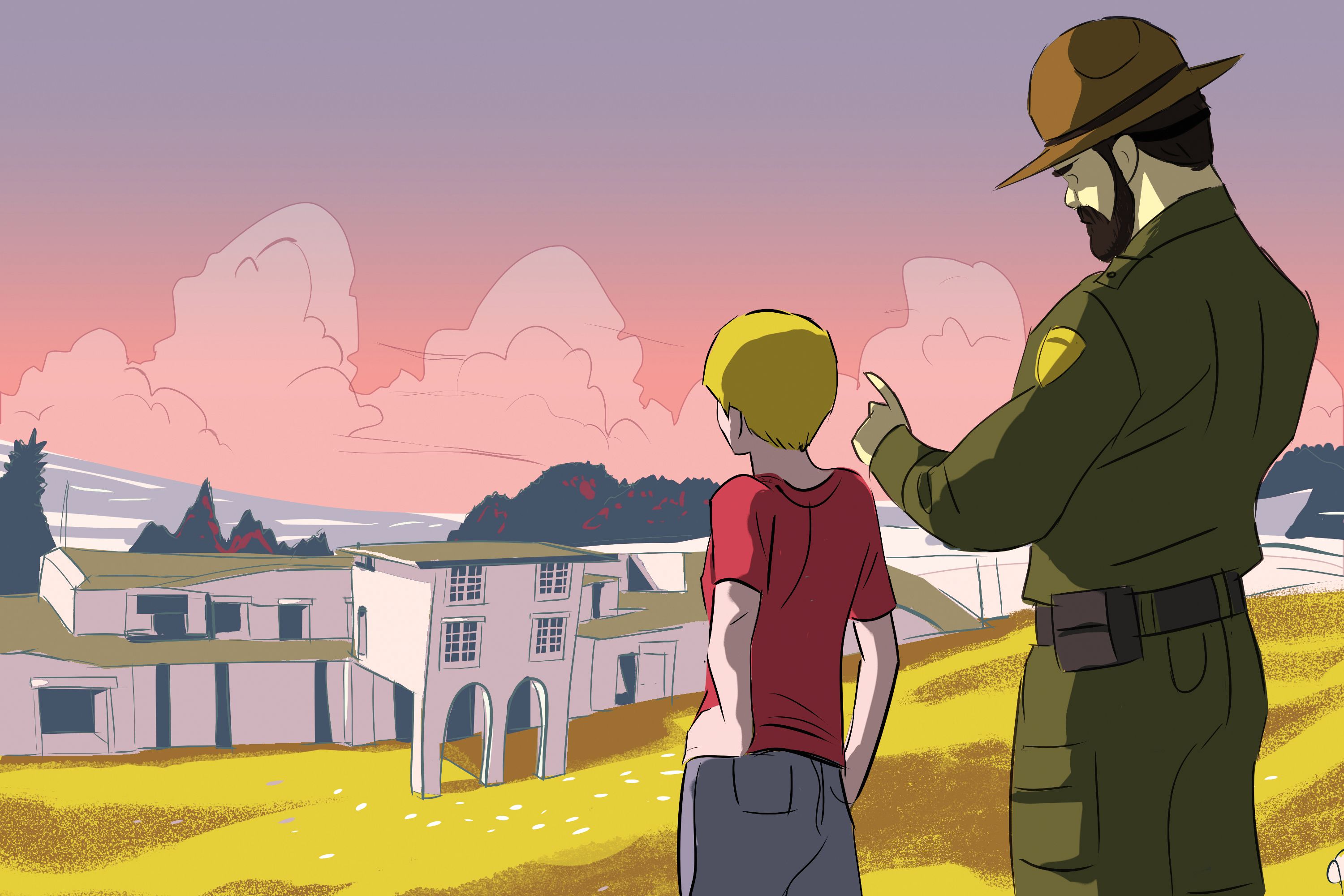This Washington
Three Bills to Watch in the Special Session
The budget crisis may be the official reason for the special session, but three policy bills have emerged as bills to watch (and ones that will be bargaining chips in any budget deal) during the state legislature's extra 30 days in Olympia.
As evidence of one of this year's main story lines—the power of the minority senate Republicans, who have teamed up with a bloc of conservative Democratic senators to commandeer the Democratic-majority senate—the three bills are all GOP priorities.
1. The first bill would lower the debt limit (the percentage of debt the state can carry to pay back bonds that fund capital projects) from nine to seven percent of the general fund. Andrew reported on the details of the standoff last week.
Fiscal conservatives in the senate passed the bill, but the house capital budget chair, Rep. Hans Dunshee (D-44, Lake Stevens) thinks lowering the debt limit for capital projects will stunt job growth, and he has refused to sign off; the bill has gone nowhere in the house. The senate, which in turn is refusing to pass the capital budget, says swiping money from the general fund ends up suffocating spending on programs. Their argument, in short: What's the good of building schools when you can't staff them?
2. The second piece of legislation is an education reform bill (using the Obama/Arne Duncan definition of reform), that would tie expected teacher layoffs to performance, rather than lack of seniority. Like the debt limit bill, this legislation passed the senate, but went nowhere in the Democratic-controlled house, which is dead set against opposing the teachers' union.
[pullquote]These bills are all dealbreaker issues for the GOP—and in fact, the house Republicans (in sync with their senate colleagues) made several failed attempts to pass the workers' comp bill in the final days of the session.[/pullquote]
3. The third bill, which would allow companies to negotiate one-time payouts with employees on workers' comp claims, rather than being required to pay a state-mandated payment to cover ongoing costs—also passed the conservative senate before getting nowhere in the house.
These bills are all dealbreaker issues for the GOP—and in fact, the house Republicans (in sync with their senate colleagues) made several failed attempts to pass the workers' comp bill in the final days of the session.
Special session rules mean that all pending bills have to return to their house of origin to pass again, which could add some drama as senate liberals get a second try at jamming up the conservative majority in the senate. Of course, it could also enable conservatives to reassert their political power. For starters, the debt limit bill passed the senate today, the first day of the special session, 39-3 with just three liberal stalwarts, including Seattle Sens. Jeanne Kohl-Welles (D-36, Ballard) and Sharon Nelson (D-34, Vashon) voting 'No.'
The education reform bill will actually return to the house, though. The anti-union bill was originally added on as an amendment to less controversial education reform bill that first passed the house.
As evidence of one of this year's main story lines—the power of the minority senate Republicans, who have teamed up with a bloc of conservative Democratic senators to commandeer the Democratic-majority senate—the three bills are all GOP priorities.
1. The first bill would lower the debt limit (the percentage of debt the state can carry to pay back bonds that fund capital projects) from nine to seven percent of the general fund. Andrew reported on the details of the standoff last week.
Fiscal conservatives in the senate passed the bill, but the house capital budget chair, Rep. Hans Dunshee (D-44, Lake Stevens) thinks lowering the debt limit for capital projects will stunt job growth, and he has refused to sign off; the bill has gone nowhere in the house. The senate, which in turn is refusing to pass the capital budget, says swiping money from the general fund ends up suffocating spending on programs. Their argument, in short: What's the good of building schools when you can't staff them?
2. The second piece of legislation is an education reform bill (using the Obama/Arne Duncan definition of reform), that would tie expected teacher layoffs to performance, rather than lack of seniority. Like the debt limit bill, this legislation passed the senate, but went nowhere in the Democratic-controlled house, which is dead set against opposing the teachers' union.
[pullquote]These bills are all dealbreaker issues for the GOP—and in fact, the house Republicans (in sync with their senate colleagues) made several failed attempts to pass the workers' comp bill in the final days of the session.[/pullquote]
3. The third bill, which would allow companies to negotiate one-time payouts with employees on workers' comp claims, rather than being required to pay a state-mandated payment to cover ongoing costs—also passed the conservative senate before getting nowhere in the house.
These bills are all dealbreaker issues for the GOP—and in fact, the house Republicans (in sync with their senate colleagues) made several failed attempts to pass the workers' comp bill in the final days of the session.
Special session rules mean that all pending bills have to return to their house of origin to pass again, which could add some drama as senate liberals get a second try at jamming up the conservative majority in the senate. Of course, it could also enable conservatives to reassert their political power. For starters, the debt limit bill passed the senate today, the first day of the special session, 39-3 with just three liberal stalwarts, including Seattle Sens. Jeanne Kohl-Welles (D-36, Ballard) and Sharon Nelson (D-34, Vashon) voting 'No.'
The education reform bill will actually return to the house, though. The anti-union bill was originally added on as an amendment to less controversial education reform bill that first passed the house.
Filed under
Share
Show Comments




